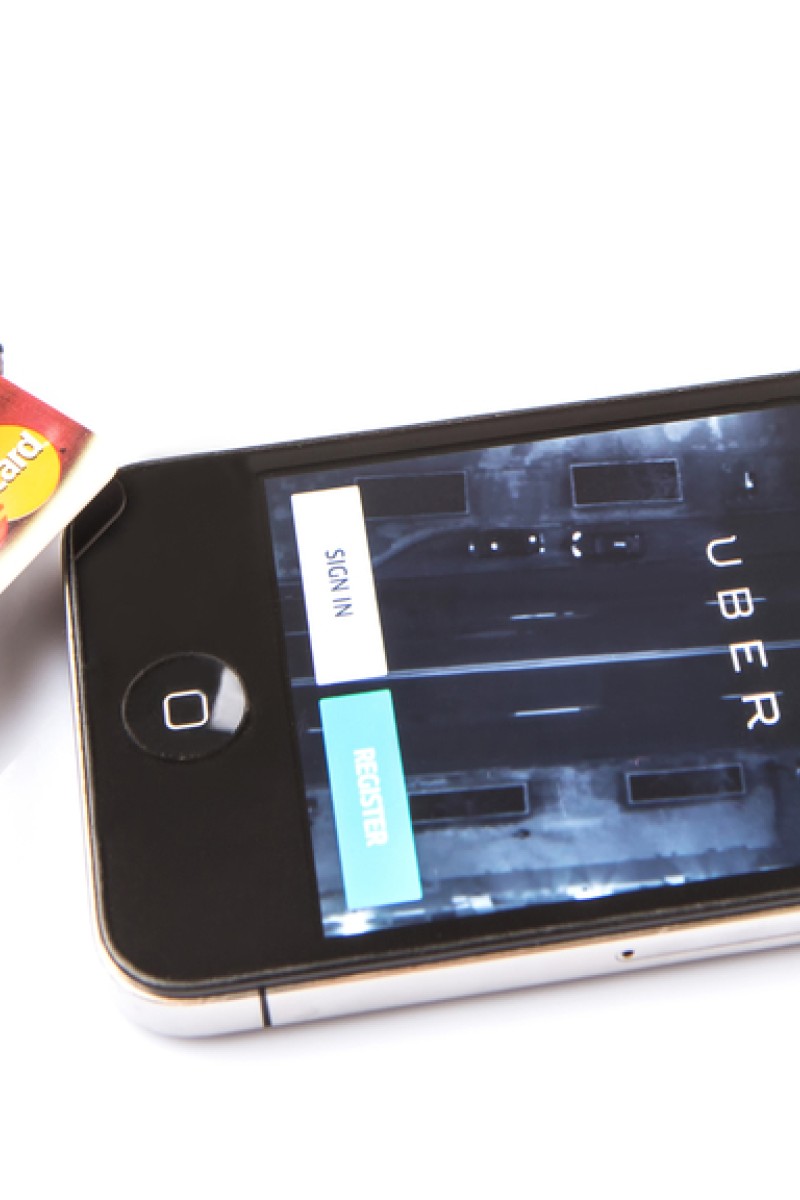
Is Uber truly the future of taxis?
Published:
By Edward Mak Fai-ming, King George V School
Listen to this article
By Edward Mak Fai-ming, King George V School
|
Published:
Sign up for the YP Teachers Newsletter
Get updates for teachers sent directly to your inbox
By registering, you agree to our T&C and Privacy Policy
Sign up for YP Weekly
Get updates sent directly to your inbox
By registering, you agree to our T&C and Privacy Policy